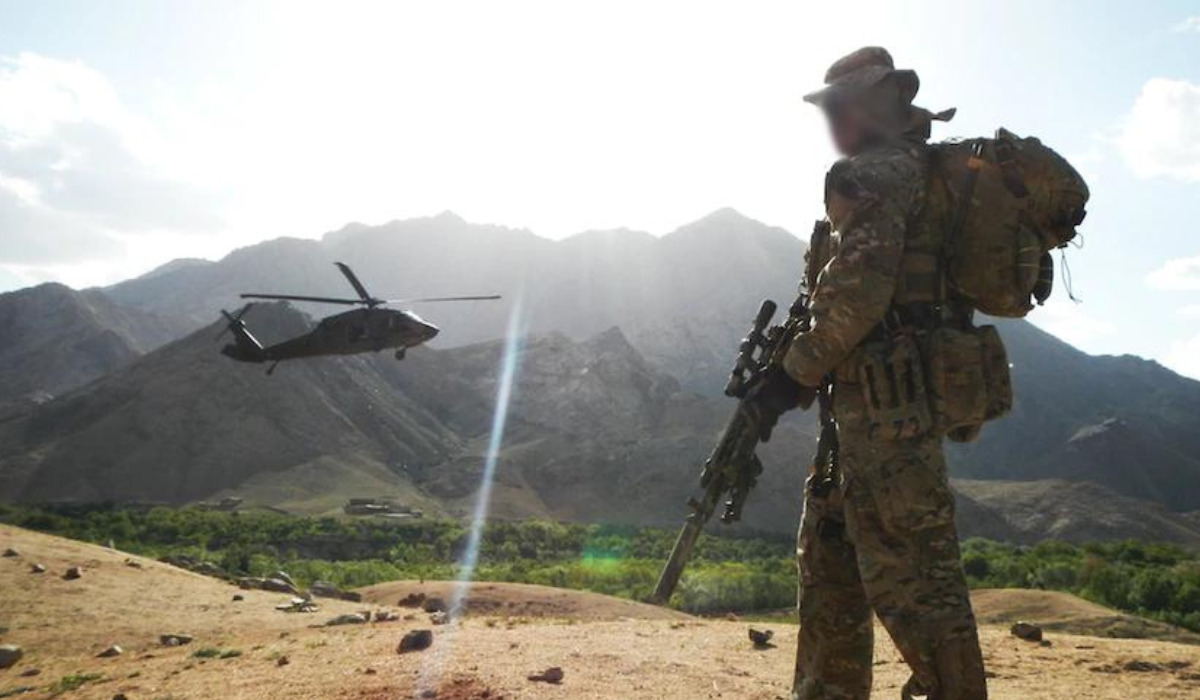Australian police have arrested a former SAS soldier on charges of committing a war crime after he was allegedly caught on camera shooting an Afghan man in a wheat field in Uruzgan province in 2012, while deployed in Afghanistan with the Australian Defense Force.
The former Special Forces soldier Oliver Schulz, 41, was arrested in North South Wales on Monday morning and was expected to appear in court later in the day.
“It will be alleged he murdered an Afghan man while deployed to Afghanistan with the Australian Defence Force,” the Australian Federal Police said in a joint statement with the Office of the Special Investigator (OSI).
“The maximum penalty for a War Crime Murder offense is life imprisonment,” the statement read.
The statement also noted that this is the first war crime charge of murder to be laid against a serving or former Australian Defence Force member under Australian law.
In addition, the federal police stated that the two agencies “are working together to investigate allegations of criminal offenses under Australian law related to breaches of the Laws of Armed Conflict by Australian Defence Force personnel in Afghanistan between 2005 and 2016.”
The investigation into the alleged killing has been underway for more than two years. It started after the OSI was established following the release of the Brereton Report in 2020, which found there was “credible evidence” that some of Australia’s elite soldiers unlawfully killed 39 people while deployed in Afghanistan.
The report also found the murders had been covered up by Australia Defense Force personnel and that 25 ADF personnel were involved in the killings, including those who were “accessories” to the incident.
The unlawful killings discussed by the report began in 2009, with most occurring in 2012 and 2013.
The report recommended 19 current or former members of the special forces should be investigated by police over 23 incidents involving the killings of “prisoners, farmers or civilians”.
The inquiry also found that weapons had been planted on some of the victims, while junior soldiers were sometimes forced to shoot prisoners for a “first kill” as part of an initiation known as “blooding”.




